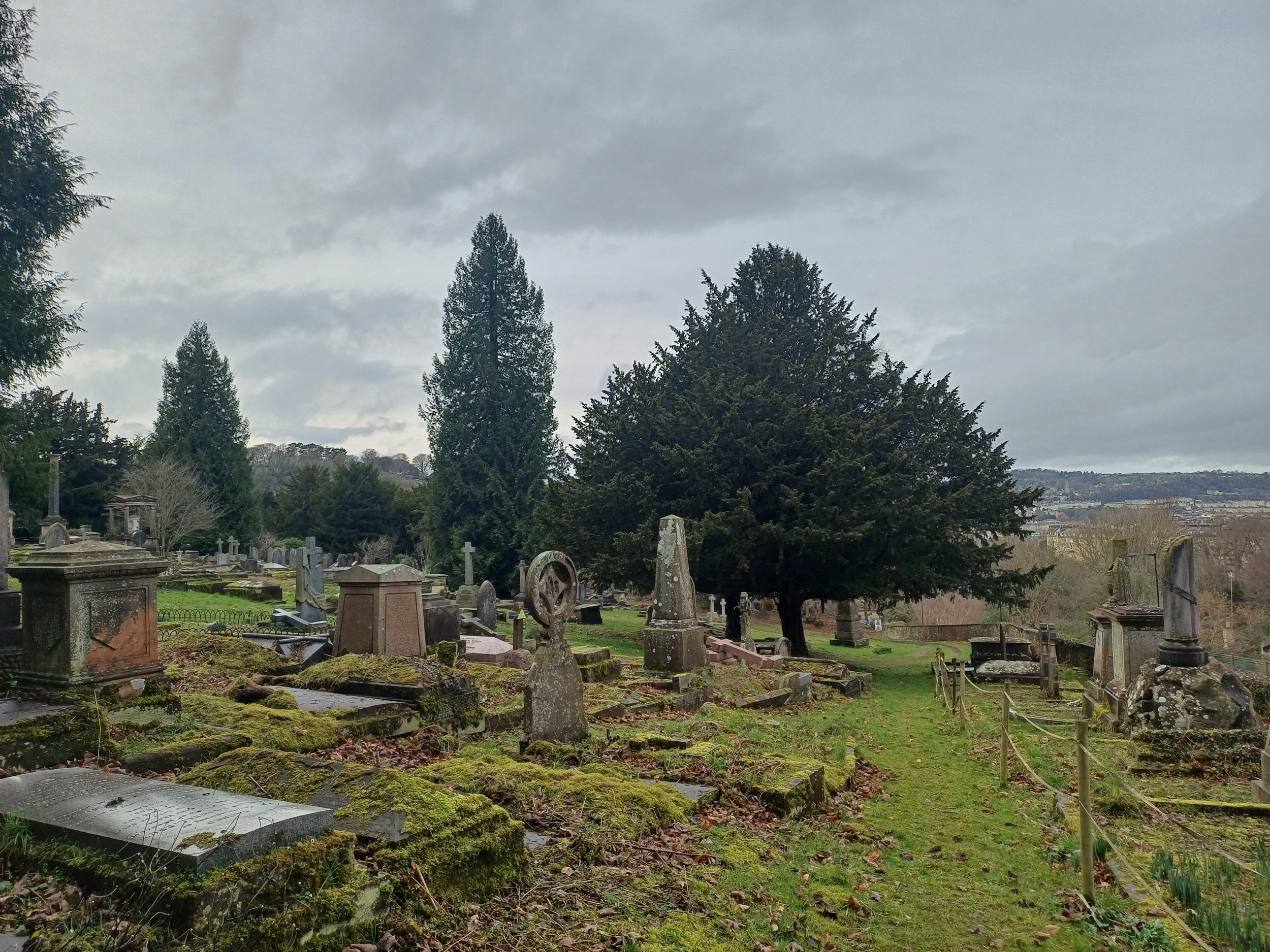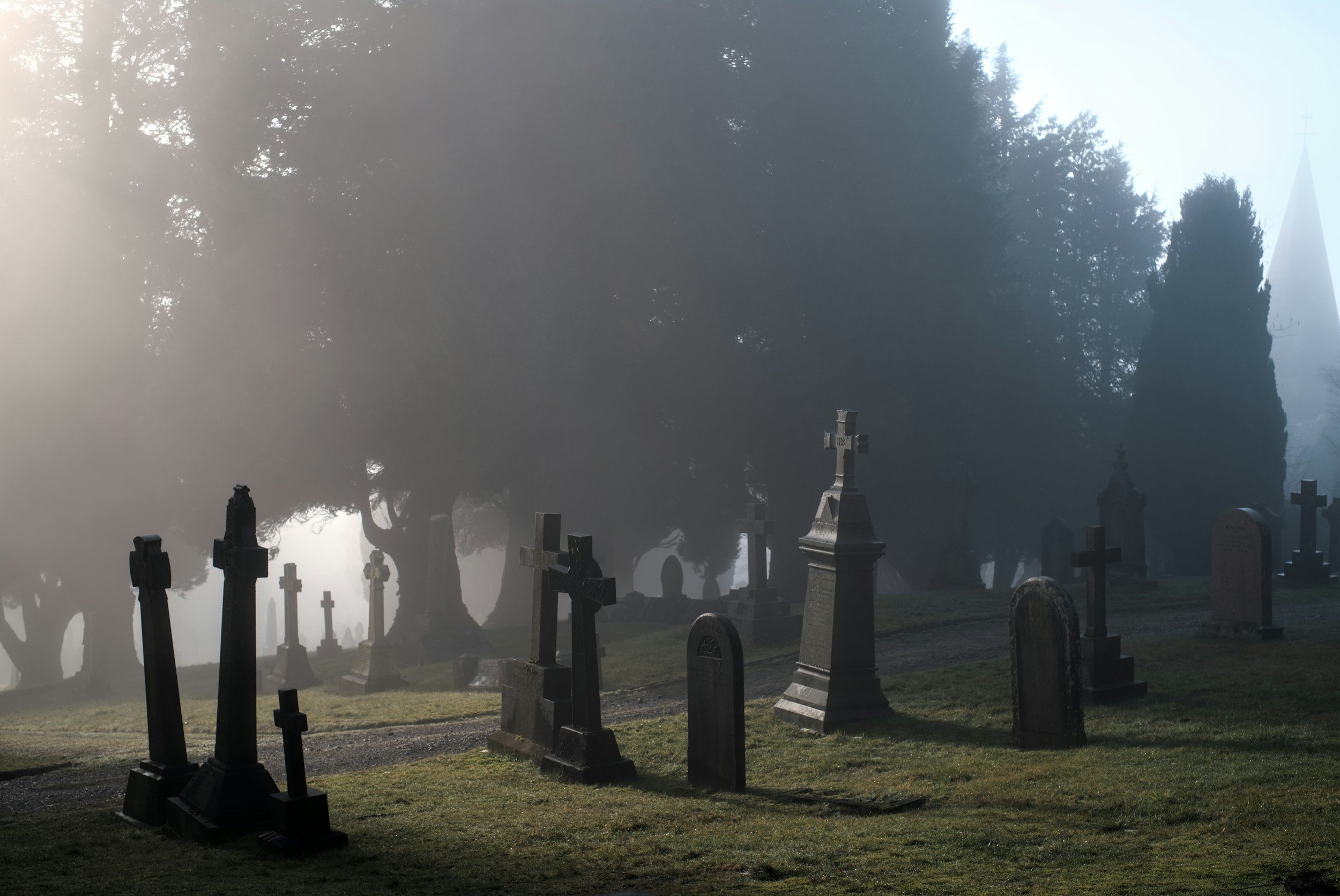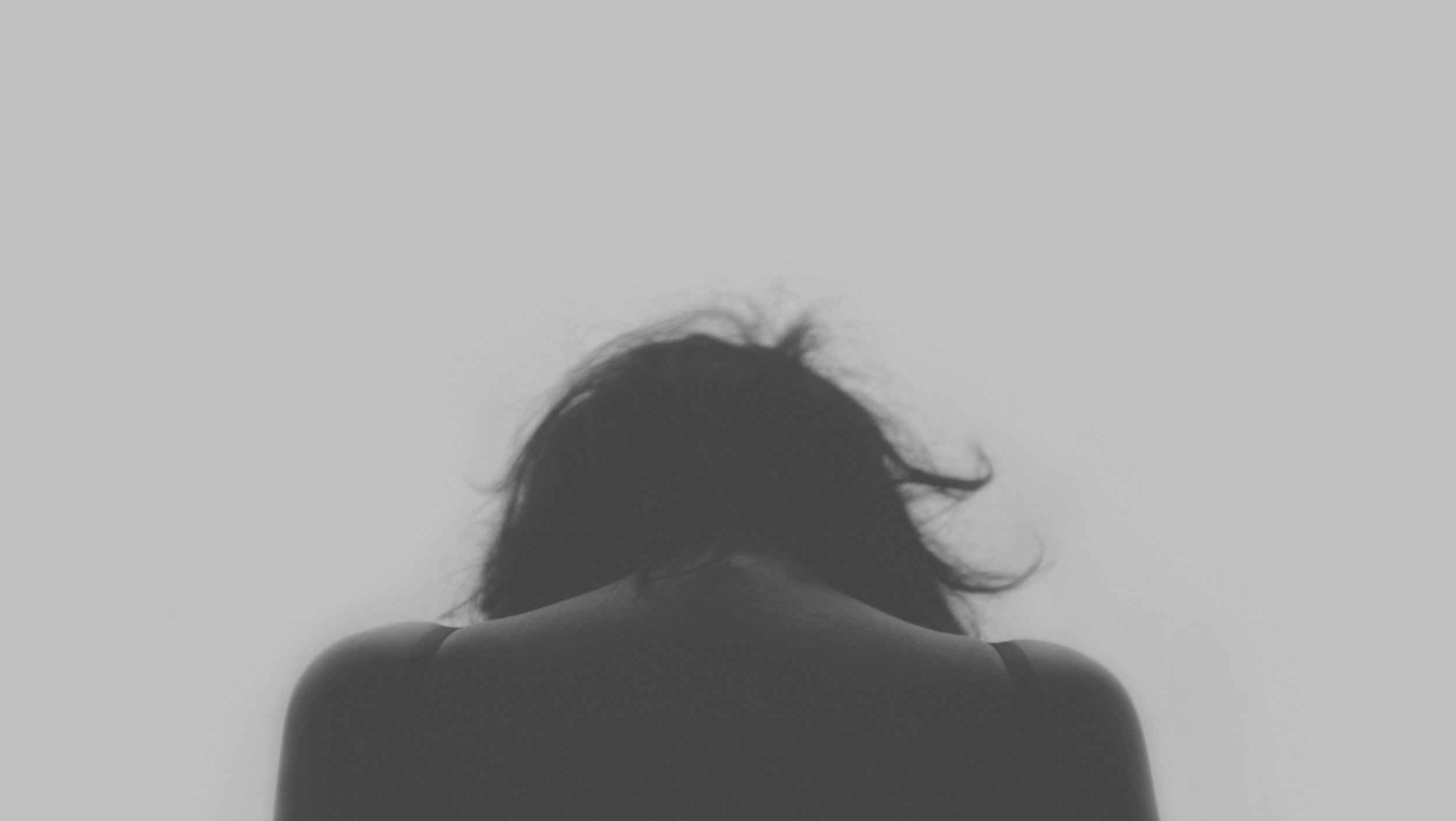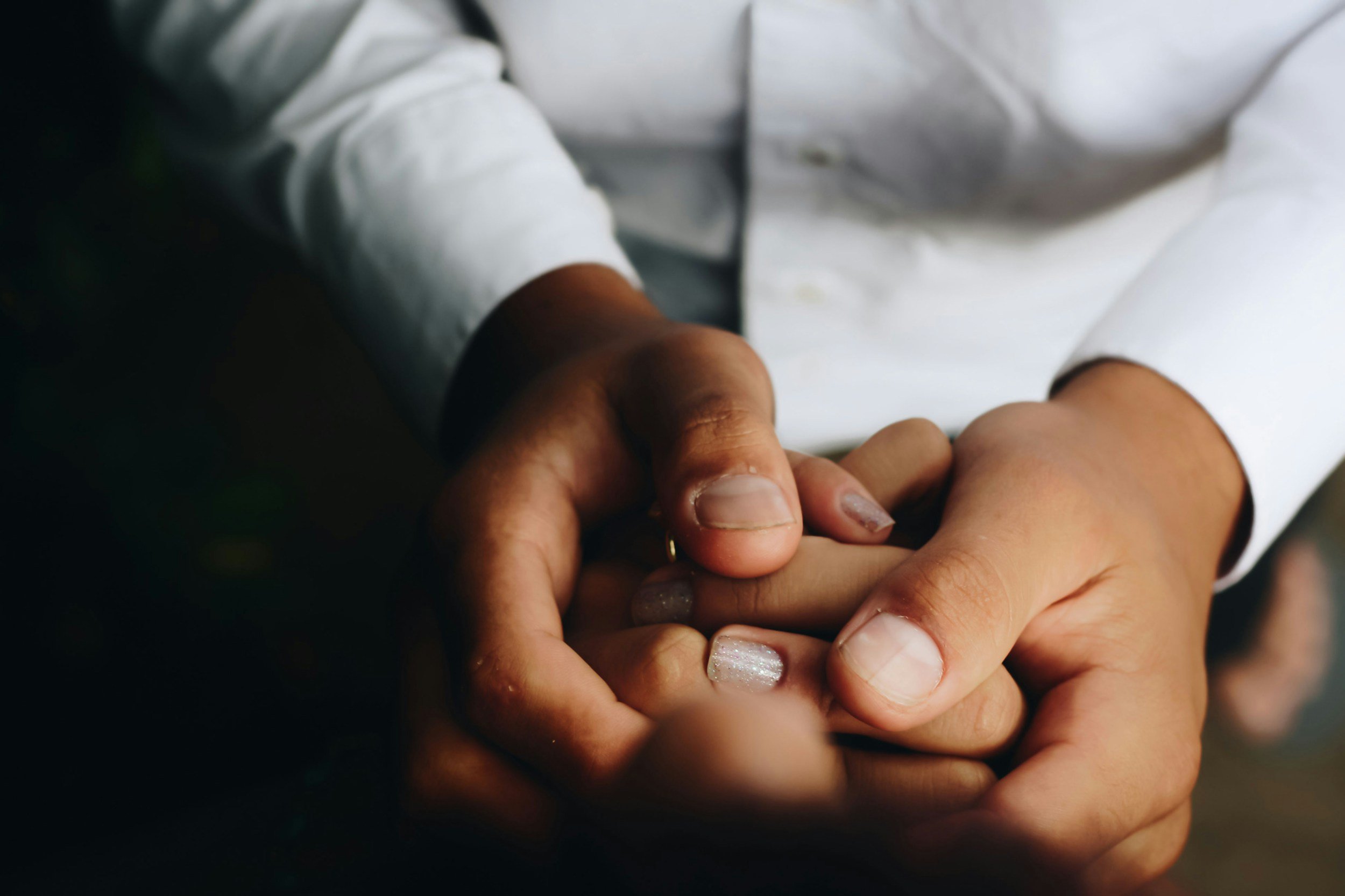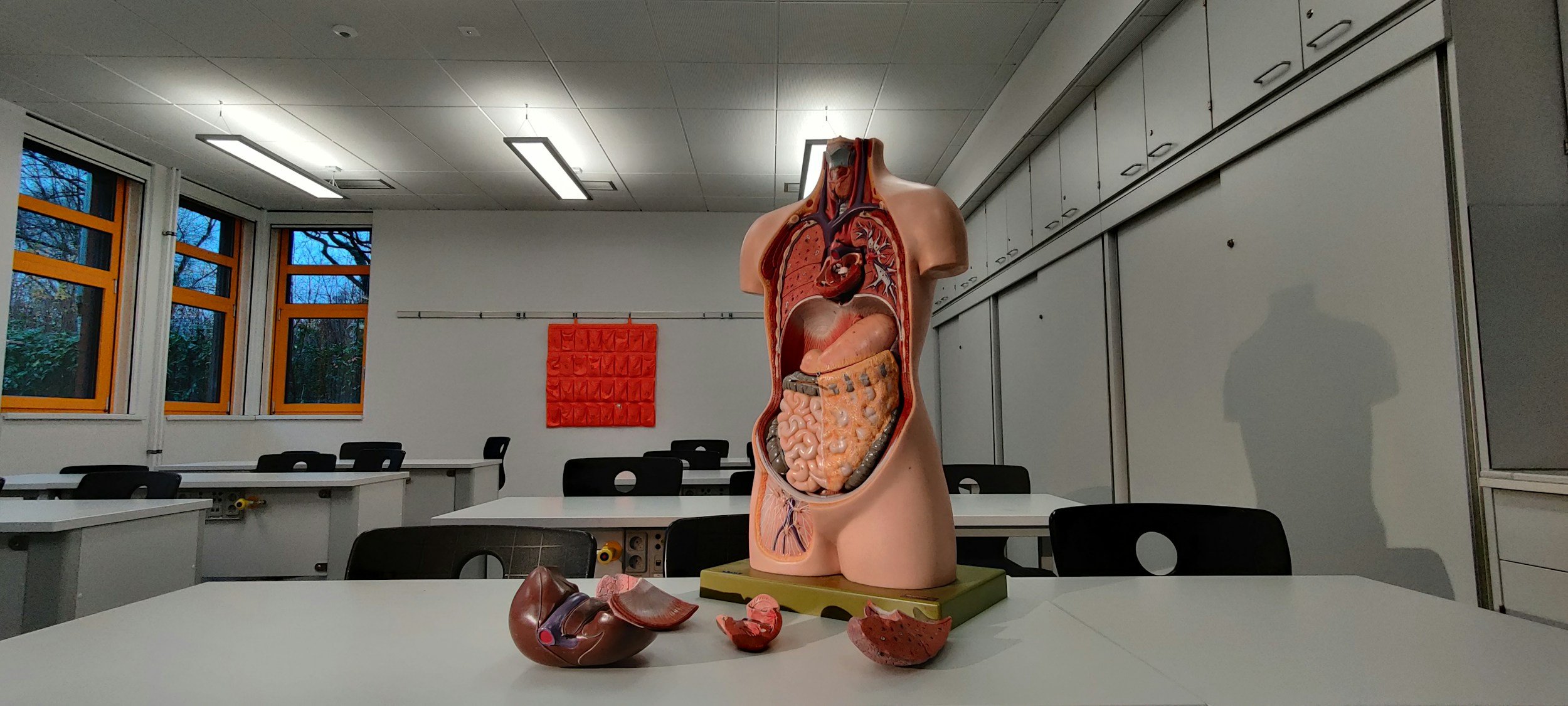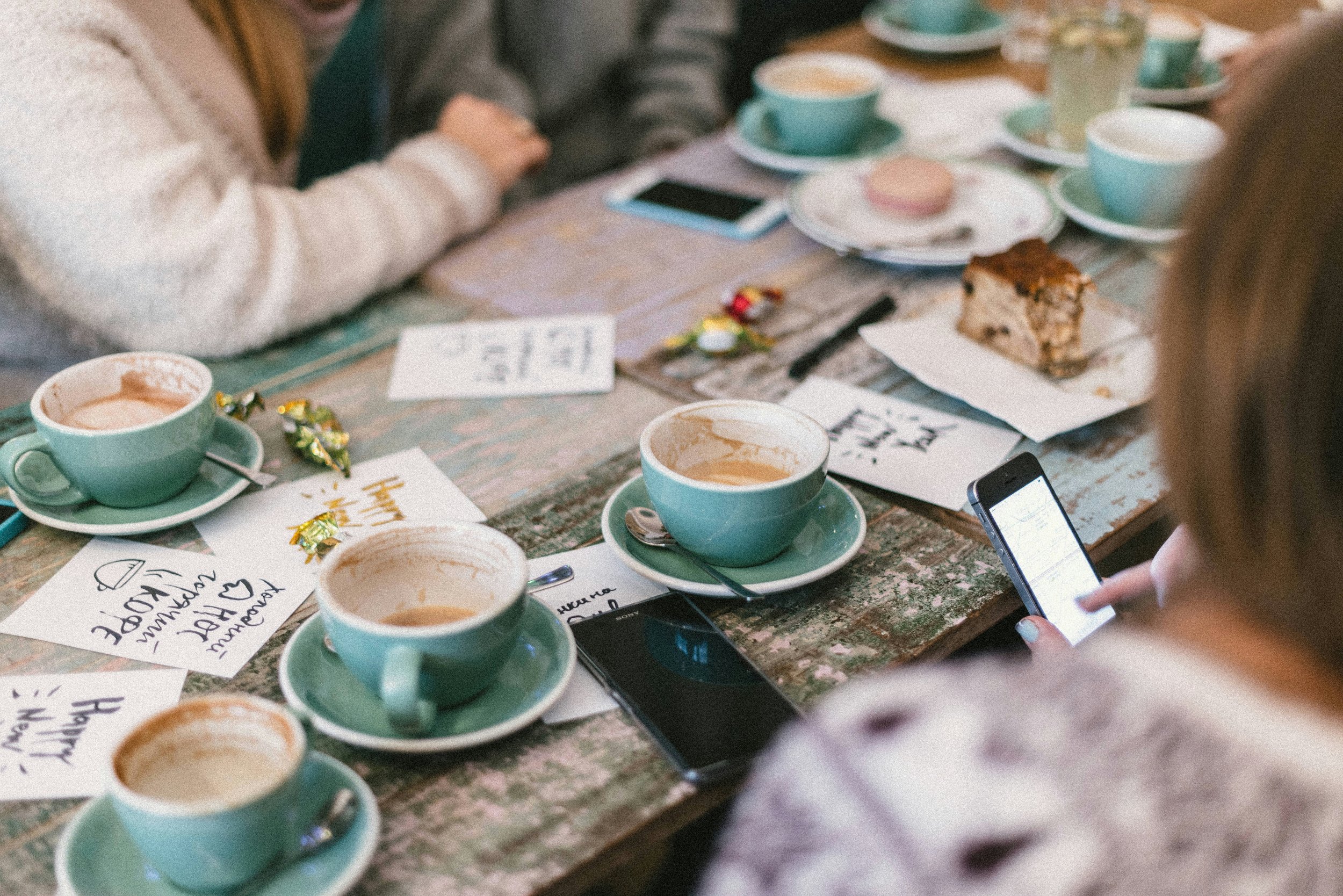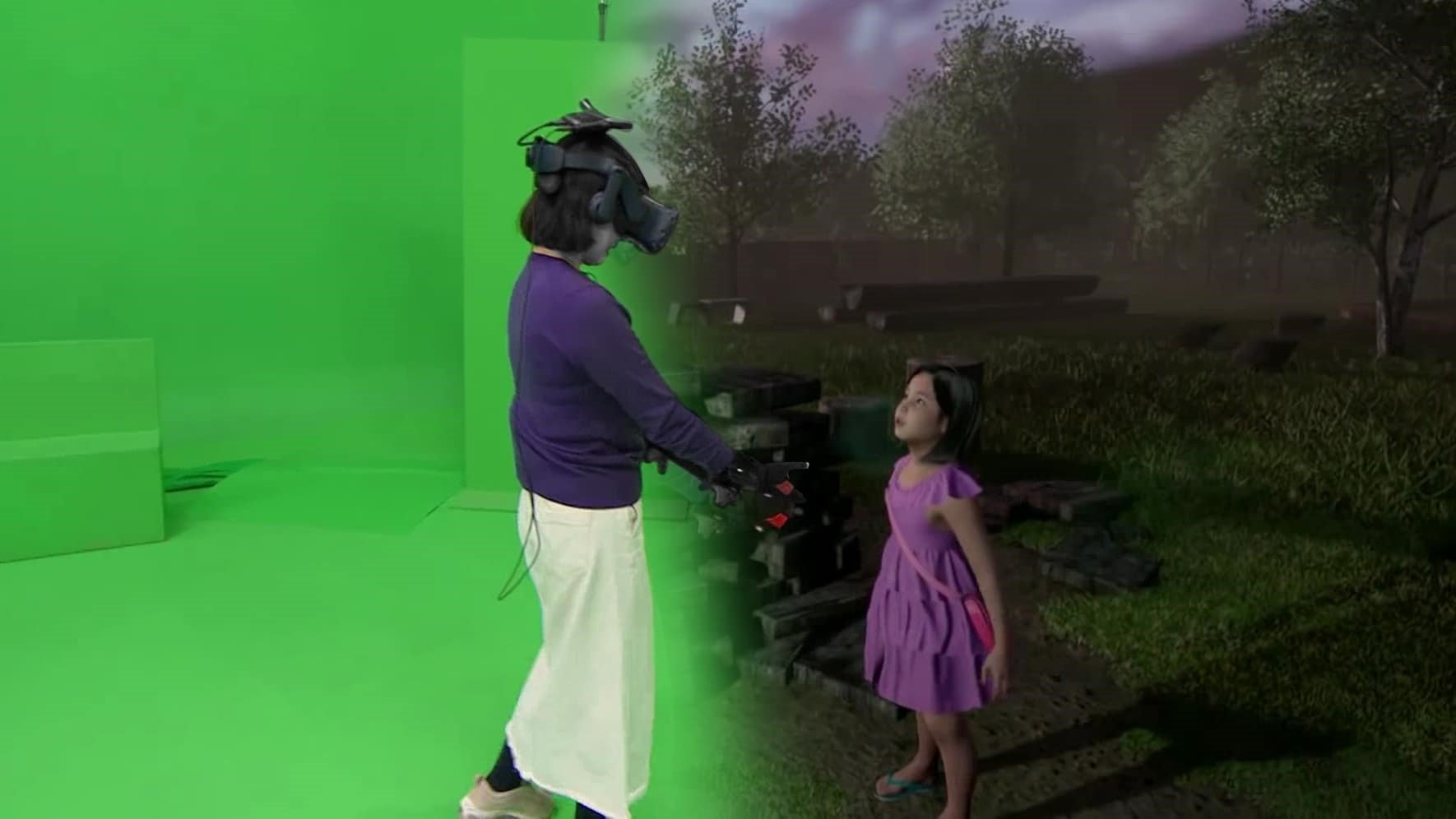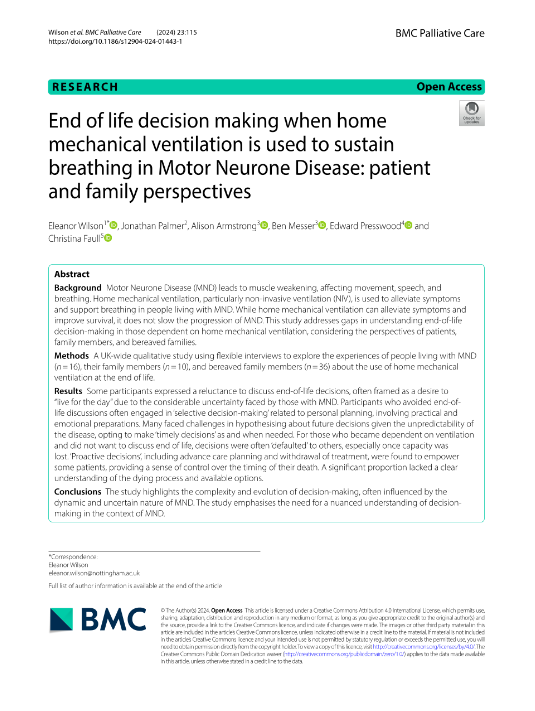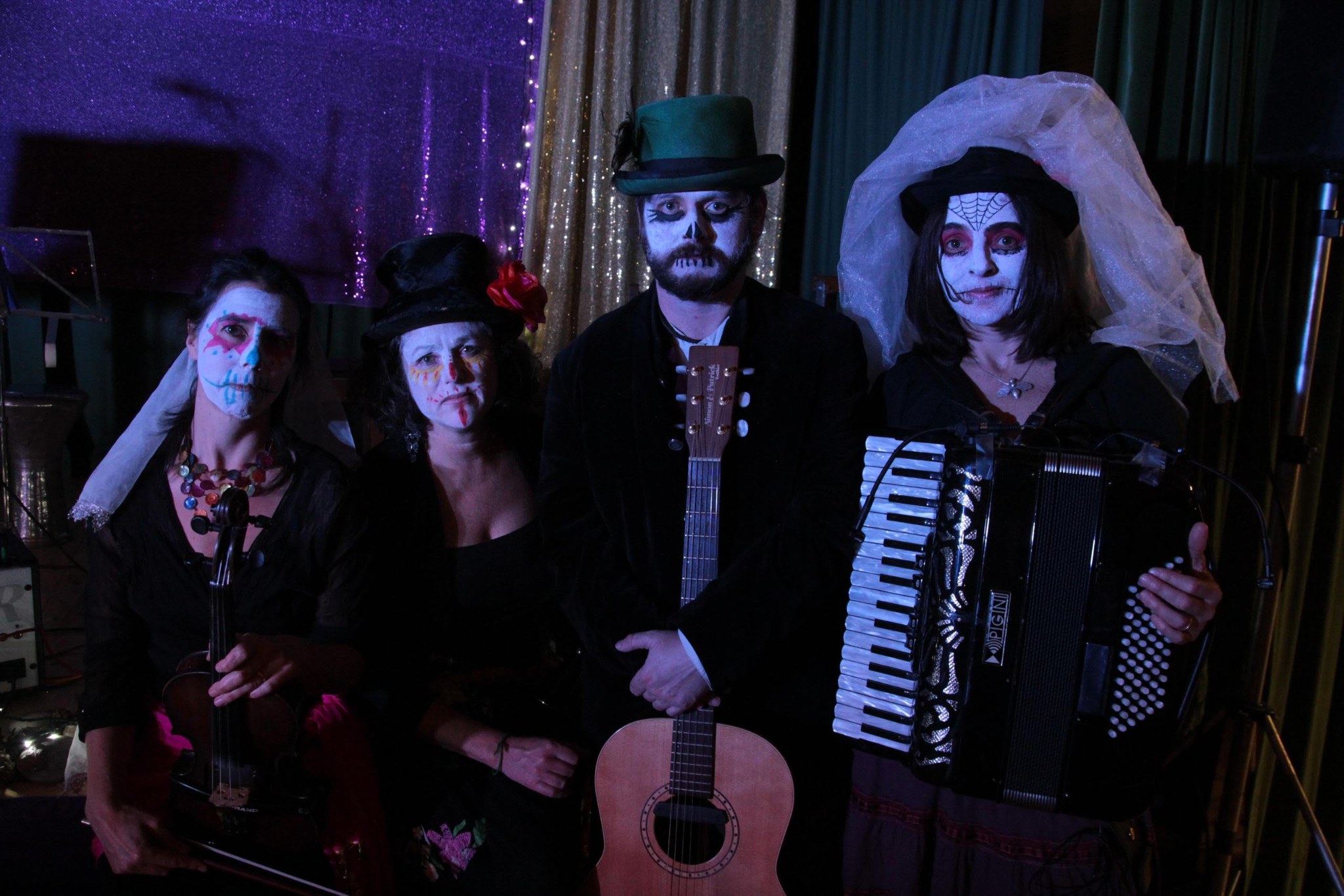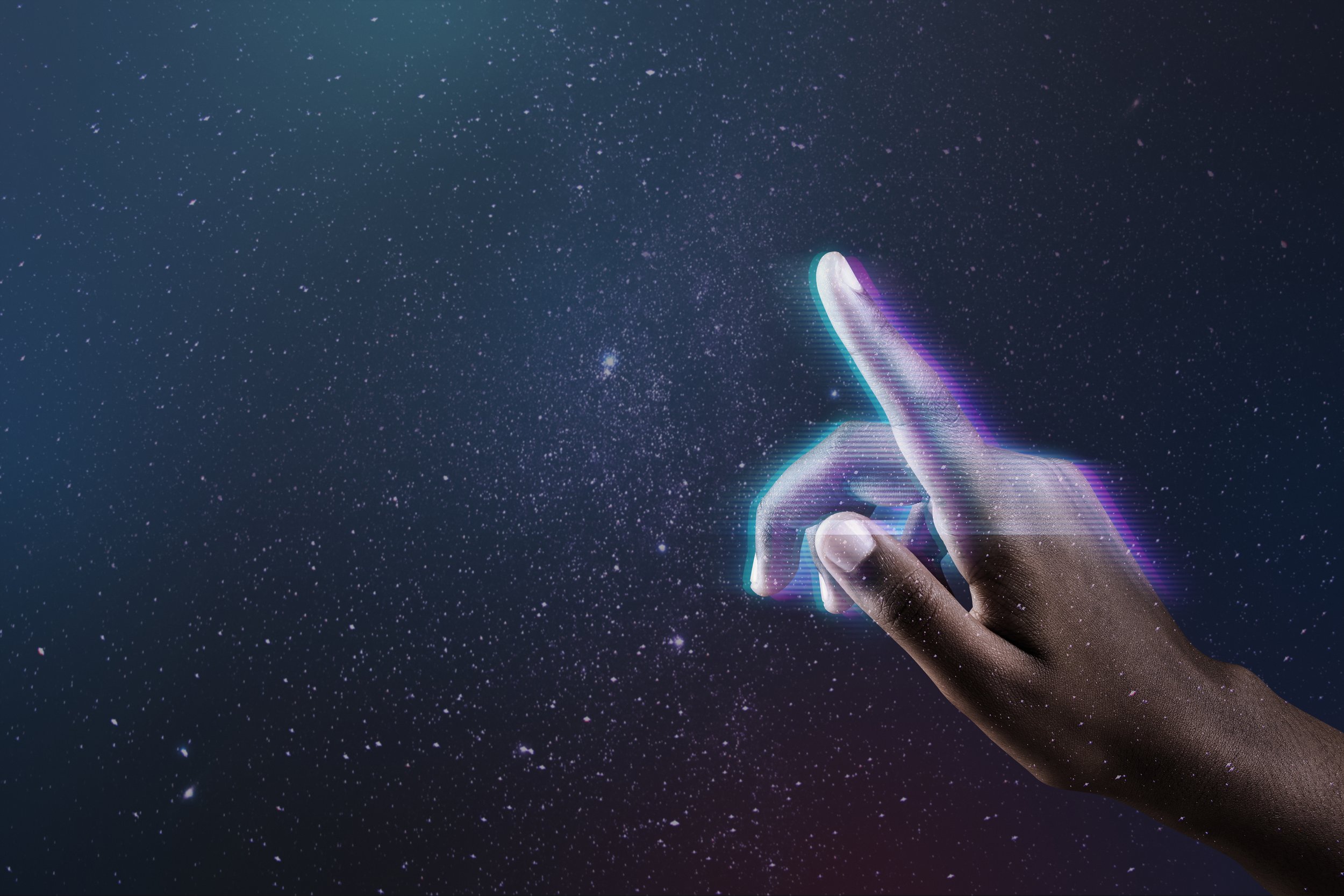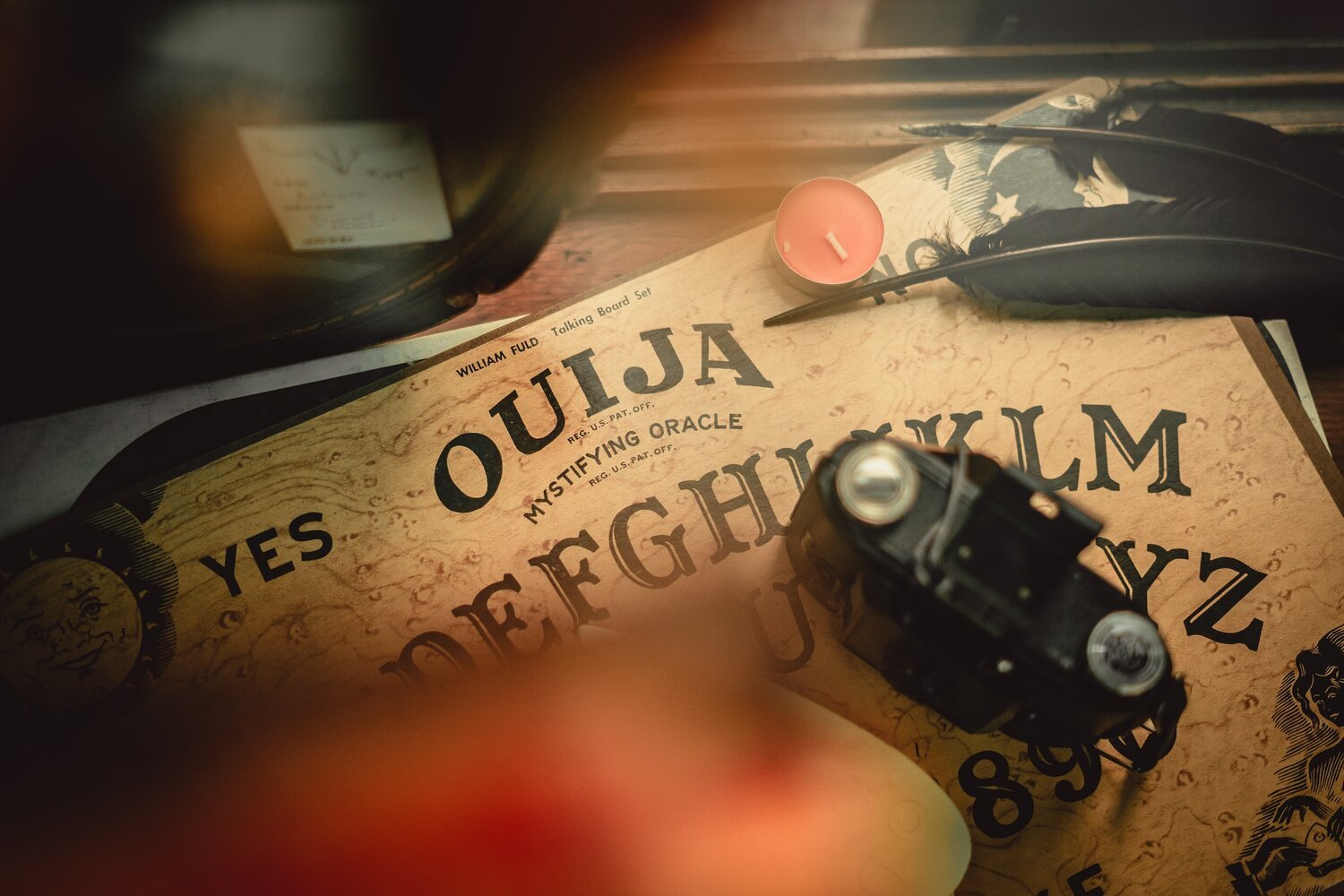Mother’s Day and grief
Mother’s Day can be a difficult time for many. There are those who are grieving for their mothers and mothers who are grieving for their children.
Coping on Mother’s Day when you have experienced a loss may seem unfathomable, but we hope that these suggestions on how to manage the day may offer some comfort.
Grave iconography – decoding a Victorian cemetery
If you’ve ever taken a stroll around a cemetery you may notice a cornucopia of symbolism surrounding you. Each of the symbols you find on headstones is rich in meaning, but if you’re unfamiliar with them, may need decoding. Read Anna McGrail’s blog to discover more about cemetery symbolism.
Reuse of graves in the UK: sacrilegious or pragmatic?
The UK is experiencing a shortage of burial space, particularly in urban areas. The Law Commission has proposed changes to the law to allow the reuse of graves to address this issue. So what does grave reuse entail? And what are the proposed changes? And is this really a new idea at all?
Cherished Moments: How to Make Memories That Last a Lifetime
While we all know it’s important to build lasting memories with those we love, sometime it’s difficult to know how to achieve this.
For guest blogger, Rosie Buckley, this is a subject close to her heart, and here she offers some wonderful tips to help make memories you will cherish long after they have gone.
National Grief Awareness Week 2024: Six Ways to Support Someone Who is Grieving
The 2nd to 8th of December marks National Grief Awareness Week 2024. We spoke to Part of Life guest blogger, Amy Jackson, about how best to offer support to someone who is grieving.
Assisted dying in the UK: compassion or manslaughter?
As MPs voted in favour of Kim Leadbeater’s Private Member’s Bill on Assisted Dying, we delve deeper into the issues of assisted dying and explore opinions on both sides of the debate.
The Grief Self-Care Guide
To mark National Self-Care Week, we asked guest blogger, Amy Jackson, for her tips on how she took care of herself after experiencing a number of bereavements. Her Grief Self Care Guide provides simple and accessible tips to help adjust to life without loved ones and to improve wellbeing.
Demystifying body donation
Body donation is the act of giving your whole body after death to a medical school or research institution for use in education, research or training. So why do people choose to donate their bodies and how can you do it?
Is death really taboo?
Sue Brayne has an MA in the Rhetoric and Rituals of Death and is an end-of-life researcher and she is the author of The D-Word: talking about dying.
In this blog for Part of Life, Sue explains how her work with the Death Café movement has led her to believe that talking about death is no longer the taboo it once was, but what we lack is the understanding of how to talk about death and dying.
Review - ‘Eternal You’: a documentary about the Digital Afterlife Industry
Khadiza Laskor reviews ‘Eternal You’ for Part of Life: a documentary about the Digital Afterlife Industry, released in June 2024 at the Sundance Film Festival.
Khadiza is a third-year PhD Student at the University of Bristol’s Cyber Security Centre for Doctoral Training Programme.
Nature connectedness – Dorothy House’s Interactive Nature Trail
As a Hospice, Dorothy House’s vision is of a society where death is part of life. Through its seasons, nature reminds us of the fragility of life and offers peace and solace from sadness and overwhelm. Their ambition is to open up the site at Winsley, Bradford-on-Avon, to anyone wishing to find a wellbeing space to reflect in nature, or to find serenity in grief.
Motor Neurone Disease study findings published in BMC Palliative Care
21 June, 2024 marks Global Motor Neurone Awareness Day. This date is selected for the special reason that it marks a solstice seen by many as a turning point in the year; the start of a new season of hope. Research into MND, which affects 1 in 300, can help offer that hope.
Digital Immortality: In memory of Gordon Bell
In May 2024, one of the pioneers of personal computing passed away. Those familiar with technology’s relationship with death will be aware of Chester Gordon Bell, who helped coin the phrase ‘Digital Immortality.’ Khadiza Laskor had the privilege of meeting him a few months ago, and felt it was important to reflect upon Bell’s influence in the sphere of digital immortality.
Dr. Kate Woodthorpe on the future of grief
Part of Life spoke to Dr. Kate Woodthorpe, Co-Director of the Centre for Death and Society (CDAS) at Bath University, about how she came to work in death studies and where she believes the future of grief is heading.
‘Get Mortal’ - Dead Good Parties
We are sisters, Katy and Lindsey Vigurs (Vigurs rhymes with tigers). We are the founding directors of DEAD GOOD, a not-for-profit, arts-based death education company that aims to end taboos around all things death and dying. We have deliberately introduced a bright, bold and quirky vibe to the death education scene in the UK.
Kicking the Bucket – A festival of living and dying
Liz Rothschild set up the Kicking the Bucket Festival in 2012. Working as a celebrant and burial ground manager, she realised that it was essential to talk with people before a bereavement in order for people to feel able to ask for what they really need. Here, Liz tells us about why she started the festival, what it involves, and how it helps to destigmatise the taboo subject of death and dying.
Funeral traditions – where did they come from and where are they going?
You may be surprised to discover that many of the traditions associated with the modern British funeral are actually hundreds, or even thousands of years old. But nothing is permanent, and trends are now moving in a very different direction.
Talking to the dead: a history of Spiritualism
Spiritualism is a system of belief based on the concept of communication with the dead, mostly through mediums – people who are able to contact the deceased. But where did it come from? How do mediums make contact with the dead? And do people still practice Spiritualism and séances?

